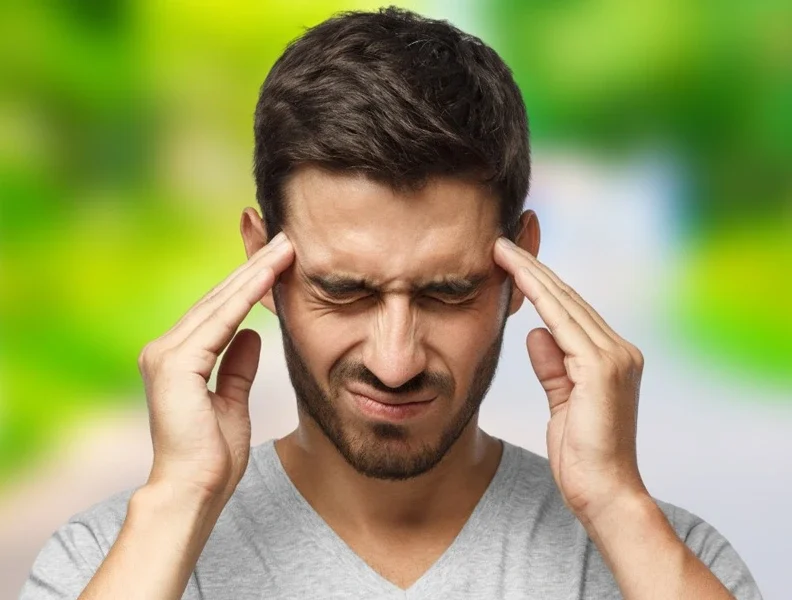Concussions, though often associated with sports injuries, can happen to anyone following a blow to the head or a sudden jolt to the body. Recognizing these top 10 symptoms of concussion early is crucial for timely treatment and recovery.
Here’s a guide to the top 10 concussion symptoms you should be aware of:
1. Headache: One of the most common signs of a concussion is a persistent headache that doesn’t subside with over-the-counter pain relievers. This headache may vary in intensity and can worsen with physical or mental exertion.
2. Dizziness: Feeling unsteady or dizzy, as if the world is spinning around you, can indicate a concussion. This symptom might be accompanied by a sensation of being lightheaded or faint.
3. Nausea and Vomiting: Concussions can trigger nausea and, in some cases, vomiting. These symptoms may occur immediately after the injury or develop over the following hours.
4. Sensitivity to Light and Noise: A heightened sensitivity to light (photophobia) and noise (phonophobia) is common with concussions. Being in bright environments or exposed to loud sounds can worsen symptoms.
5. Balance Problems: Difficulty maintaining balance or feeling unsteady on your feet is another indicator. You might find it challenging to walk in a straight line or coordinate your movements.
6. Visual Disturbances: Blurred vision, double vision, or seeing stars are potential visual symptoms of a concussion. These issues may persist or come and go.
7. Cognitive Issues: Concussions can affect cognitive functions such as memory, concentration, and processing information. You might feel confused, have trouble focusing, or struggle to remember recent events.
8. Changes in Mood or Behavior: Emotional changes like irritability, sadness, anxiety, or increased emotional sensitivity can occur after a concussion. This may also include uncharacteristic behavior or mood swings.
9. Sleep Disturbances: Concussions often disrupt sleep patterns, leading to difficulty falling asleep, staying asleep, or excessive drowsiness during the day.
10. Loss of Consciousness: Although not always present, loss of consciousness (even momentarily) is a hallmark symptom of a concussion. If you or someone else loses consciousness following a head injury, medical attention should be sought immediately.
What to Do If You Suspect a Concussion:
If you or someone else experiences any of these symptoms after a head injury, it’s important to take the following steps:
- Seek Medical Attention: Concussions should be evaluated by a healthcare professional, especially if symptoms are severe or worsening.
- Rest: Physical and cognitive rest in the initial stages of a concussion is crucial to allow the brain to heal. This includes avoiding activities that could exacerbate symptoms, such as physical exertion, screen time, or mentally taxing tasks.
- Monitor Symptoms: Keep track of symptoms and their progression. Report any changes or new symptoms to your healthcare provider.
- Follow Medical Advice: Follow the treatment plan outlined by your healthcare provider, which may include gradual return to activities and monitoring for complications.
Concussions are serious injuries that require proper management to ensure full recovery and minimize long-term consequences. By recognizing the symptoms early and seeking appropriate care, you can promote healing and reduce the risk of complications. If you suspect a concussion, don’t hesitate to contact your local concussion experts at the Moore MyoWorx concussion clinic in Guelph, Ontario. Your brain health is worth it!






